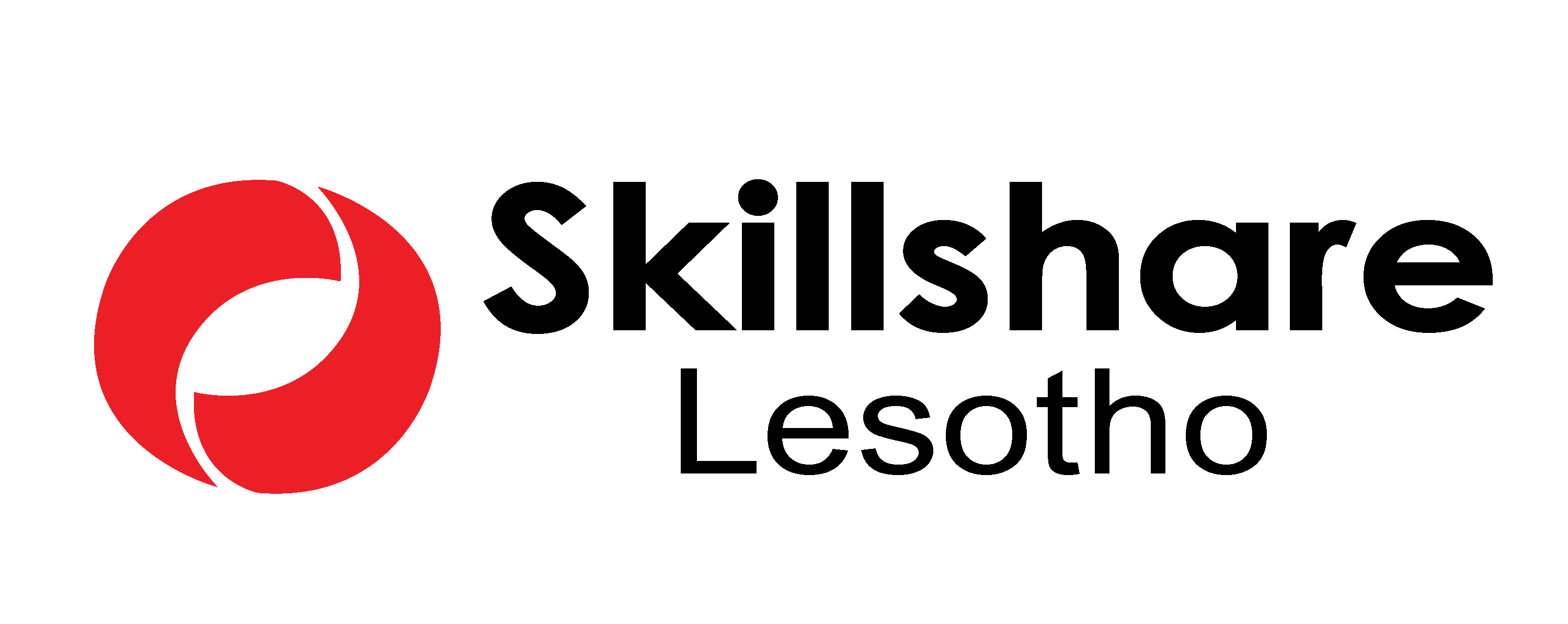Background
Following a partnership assessment conducted towards the end of the year 2016, significant synergies were identified between Skillshare Lesotho, Sesotho Media & Development, and the Lesotho national Olympic Committee. Their specific emphasis on the empowerment and support of young people in Lesotho, and their innovative approaches in reaching out to young people, stamped the compatibility of these three organizations in the fight against HIV/AIDS among AGYW. Therefore, the three organizations decided to form a consortium through which the Pact Lesotho Project on – “Stepping up Universal Access…” will be implemented.
Situational analysis / Problem statement and target population
With a population of 1.9 million and an HIV prevalence rate of 24.6% among people aged 15-49 years, Lesotho was ranked as the second-highest HIV prevalence among this age group after Swaziland at 25% globally in 2013. An estimated 310,000 people are living with HIV/AIDS, including approximately 19,000 children between the ages of 0-14 years and 170,000 women. To date, HIV remains the number one cause of death in Lesotho, accounting for 12,000 (41%) deaths in 2013 alone. The current HIV program response remains too slow to achieve epidemic control. An estimated 87,352 adults receive antiretroviral treatment, which is less than 30% of the estimated population living with HIV/AIDS. This figure indicates that the linkage from HTC to care and retention remains poor, leading to late initiation of treatment, possible high drop-out rate, and ongoing HIV transmission. Furthermore, the 2009 Mode of Transmission (MOT) study indicates that 97% of new infections result from multiple/concurrent partnerships, which mostly affect women and youth. The Lesotho DHS 2014 also indicates that young women are disproportionately affected, with a prevalence rate of 34.6% for women between 20 and 34 against 17.6% for men in the same age group.
It is a fact that when addressing issues of HIV Awareness, treatment, and behavioural change, young people are indispensable not only in Lesotho but globally. However, recent statistical data indicate that the HIV prevalence among children and young people continues to grow. Today, young people are the hardest hit by the HIV/AIDS pandemic in Lesotho. The rate of new infections and mortality among children between 0 – 14 and 15-24 keeps on growing. Indeed, there is a need for initiatives that positively and widely enable young people to openly share their experiences and access knowledge on issues relating to and perpetuating their vulnerability to HIV infection and SGBV. Today, a striking number of households in rural and urban communities are made up of hardworking parents & guardians with little or no time to communicate with their children. With no one to turn to, adolescents and young adults are left with the role of passing on information to one another about sexual health risks. Unfortunately, inaccurate advice and rumours often lead to risky behaviour and choices.
Program Description
As a consortium, Skillshare Lesotho (SR) in partnership with the Lesotho National Olympic Committee (S-SR) and Sesotho Media & Development (S-SR) will implement a joint concerted effort programme promoting the engagement of young people with specific emphasis on adolescent girls and young women (AYGW) between the ages of 10 & 24 years, and their male partners both in the rural & the urban areas as well as in and out of school within the four districts of Lesotho being Mafeteng, Mohales’ Hoek, Qacha’s Nek and Quthing. Adolescents today largely use social media and other forms of media as the prime source of information and communication platforms. This project leverages on these to deliver activities including virtue support platforms and physical interactive sessions to influence behavior change, create demand & ensure access to health services. Among the virtue support platforms, a participatory documentary film will form part of the educational tools that will be used as the medium that speaks to all young people. The project will compile a documentary that profiles young people and their real life experiences guided by the positive deviance model. The stories profiled in a documentary format will be shared through various social media platforms, including community based facilitated sessions. These sessions will be facilitated by protagonists- These are the young people whose profiles and stories are captured in these documentaries.

